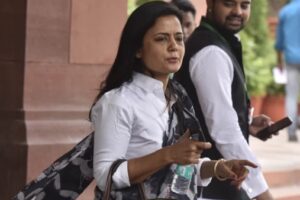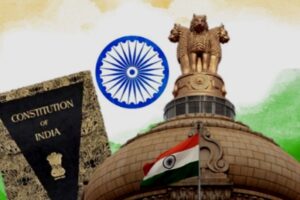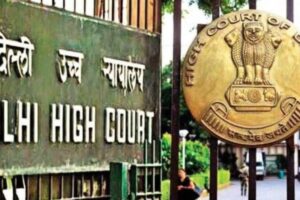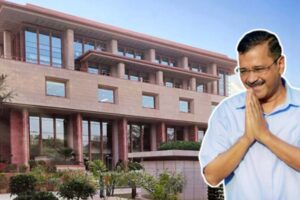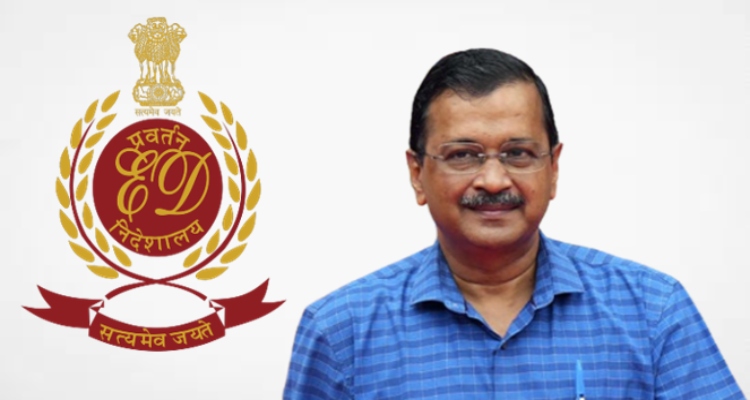
The Delhi High Court on Wednesday scheduled CM Arvind Kejriwal’s petition challenging the summonses issued to him by the Enforcement Directorate (ED) for hearing on July 11.
The summonses are related to the agency’s probe into the excise policy-linked money laundering case.
Time Granted to File Rejoinder
Justices Suresh Kumar Kait and Manoj Jain granted four additional weeks to the AAP leader, who had been granted interim bail until June 1 by the Supreme Court for campaigning in the Lok Sabha Elections, to file a rejoinder to the reply submitted by the ED.
The ED’s counsel had previously stated that the petition against the summonses became invalid after Kejriwal’s arrest by the agency on March 21 in connection with the money laundering case, following the high court’s denial of interim protection from coercive action. On Wednesday, the agency’s lawyer reiterated that the petitioner must specify the forum before which he wishes to raise his concerns.
The court noted that a single judge of the high court had already addressed Kejriwal’s grievances while rejecting his petition against his arrest, and that an appeal against the decision was pending in the Supreme Court. The bench remarked, “Take instructions. Nothing survives in petition.”
PMLA
Senior advocate Vikram Chaudhary, representing Kejriwal, contended that the issues raised in the petition regarding the interpretation of the provisions of the Prevention of Money Laundering Act (PMLA) had not been addressed by the single judge. He urged the court to grant more time to file the rejoinder. The court granted the counsel’s request, stating, “Counsel for petitioner seeks and is granted four weeks to file rejoinder.”
On April 22, the court had previously given Kejriwal two weeks to file his rejoinder. The AAP national convenor had approached the high court after receiving the ninth summons from the ED, asking him to appear before it on March 21. The high court bench, on March 20, had directed the ED to submit its response regarding the maintainability of the petition.
The Controversial Arrest
The following day, the court instructed the ED to also address Kejriwal’s plea for protection from arrest, stating that it was currently disinclined to grant him interim relief. Subsequently, Kejriwal was arrested by the ED later that evening.
The probe agency has alleged that other accused individuals in the case were in contact with Kejriwal to devise the now-defunct excise policy, which resulted in undue benefits to them and kickbacks to the Aam Aadmi Party (AAP).
In his petition, Kejriwal has also challenged the constitutional validity of certain provisions of the Prevention of Money Laundering Act (PMLA) regarding arrest, interrogation, and bail. He has raised several issues, including whether a political party falls under the purview of the anti-money laundering law. The petition alleges that the “arbitrary procedure” under PMLA is being utilized to create an unequal playing field in the general elections, favoring the ruling party at the Centre.
Describing the petitioner as a “vocal critic” of the ruling party and a partner of the opposition INDIA bloc, the plea contends that the ED, under the control of the Union government, has been “weaponized.”


